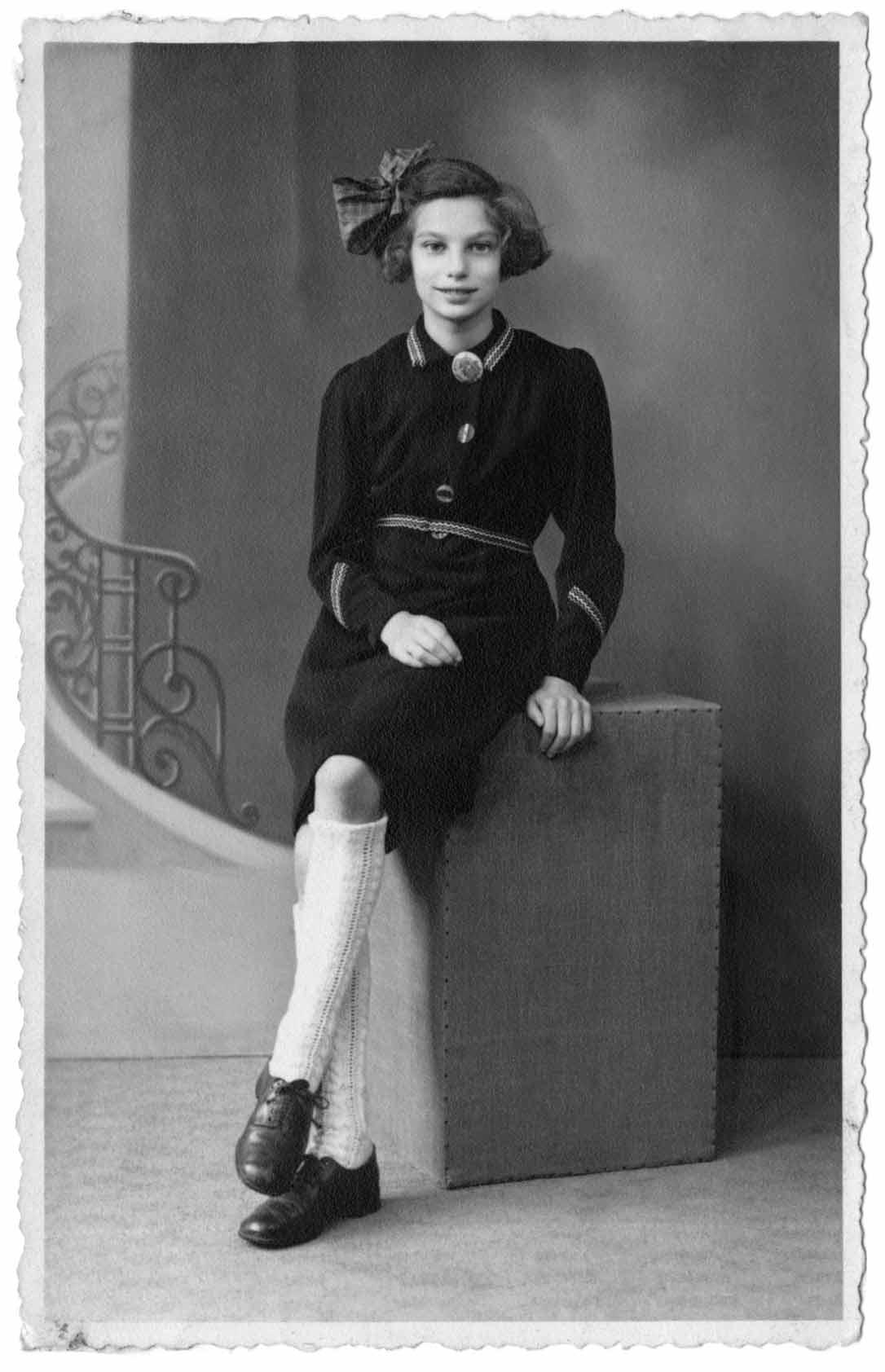- Home |
- Search Results |
- The Cut Out Girl by Bart van Es
The Cut Out Girl by Bart van Es
The Cut Out Girl is a powerful, harrowing story about a young girl's struggle to survive Nazi persecution, and a man's attempt to unveil his family's secrets. Here, Bart van Es, the author of the book, describes his first encounter with the woman at the centre of the book, Lien de Jong.

‘Without families you don’t get stories.’
The woman who tells me this stands making coffee in her apartment in Amsterdam. Her name is Hesseline, Lien for short. She is over eighty and there is still a simple beauty about her: a clear complexion without noticeable make‑up; a little silver watch but no other jewellery; and shiny, unpainted nails. She is brisk in manner but also somehow bohemian, dressed in a long, dark grey cardigan with a flowing claret paisley scarf. Before today I have no memory of ever having met her. All the same, I know that this woman grew up with my father, who was born in the Netherlands immediately after the war. She was once part of my family, but this is no longer the case. A letter was sent and a connection was broken. Even now, nearly thirty years later, it still hurts Lien to speak of these things.
From her white open-plan kitchen we move to the seating area, which is full of winter sunlight, filtered partly through stained-glass artworks that are fitted against the panes. There are books, museum catalogues and cultural supplements spread beneath a low glass coffee table. The furniture is mod‑ ern, as are the pictures on the walls.

She was once part of my family, but this is no longer the case. A letter was sent and a connection was broken. Even now, nearly thirty years later, it still hurts Lien to speak of these things.
We speak in Dutch.
‘You wrote in your email about being interested in the family history and about maybe writing a book,’ she says. ‘Well, the family thing doesn’t really play for me. The van Esses were important in my life for a long time, but not now. So what kind of writing do you do?’
Her tone is friendly but also businesslike. I tell her a little about my work as a professor of English Literature at Oxford University – writing scholarly books and articles on Shakespeare and Renaissance poetry – but she knows most of this already from the Internet.
‘So what is your motivation?’ she asks.
My motivation? I’m not sure. I think hers could be a complex and interesting story. Recording these things is important, especially now, given the state of the world, with extremism again on the rise. There’s an untold story here that I don’t want to lose.